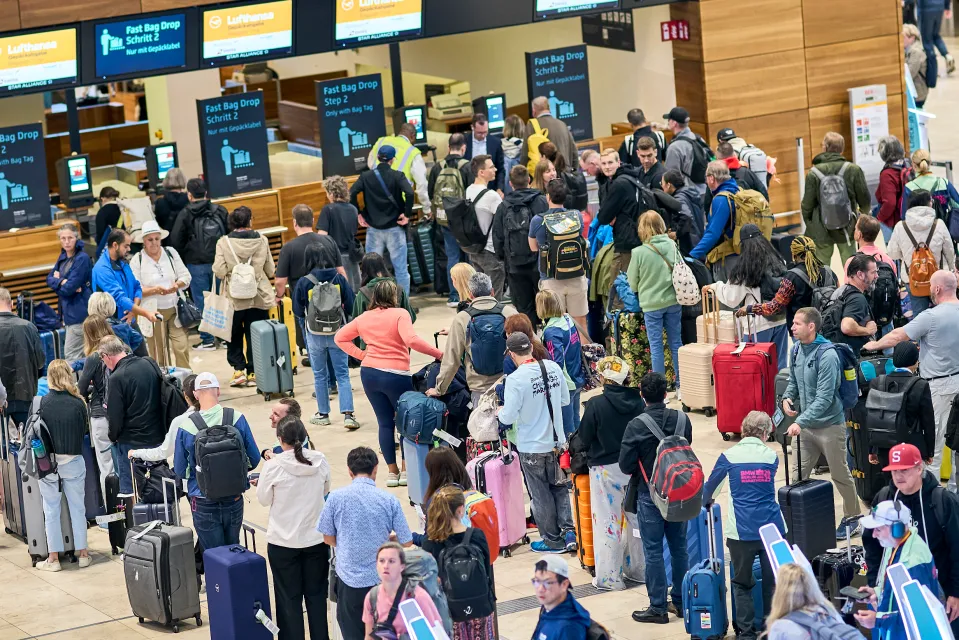Major European airport SHUTS with all flights grounded as snow, freezing rain and black ice sparks chaos
TRAVELLERS are facing major disruption as one of Europe’s busiest airports was forced to shut today due to freezing rain and black ice.
The shutdown has left passengers stranded and flights grounded as crews battle to make runways safe amid worsening winter conditions.

According to FlightAware, around 170 flights at Berlin Brandenburg Airport have been cancelled in the last 24 hours.
Operations came to a sudden standstill on Thursday at 6pm CET, with the airport saying on its website: “Due to weather conditions, no take-offs or landings are currently possible.”
The airport remains closed today as adverse weather conditions continue to disrupt transport across north Germany.
Berlin Brandenburg Airport said in a statement: “We currently have freezing rain and black ice and cannot yet predict when takeoffs and landings will be possible.
“Passengers need to be patient and expect significant delays and cancellations.”
British Airways and EasyJet cancelled some of their morning services from London airports to Berlin.
Lufthansa also scrapped a number of flights in and out of the city.
German weather service DWD warned of “significant slipperiness” caused by icy conditions spanning Berlin to the Baltic Coast and Polish border.
Forecasters were uncertain about when travel disruptions might ease, with the cold snap anticipated to continue across northwest Europe into next week.
Germany’s national railway operator Deutsche Bahn said train service between Berlin and Hanover have also been affected by the icy weather.


